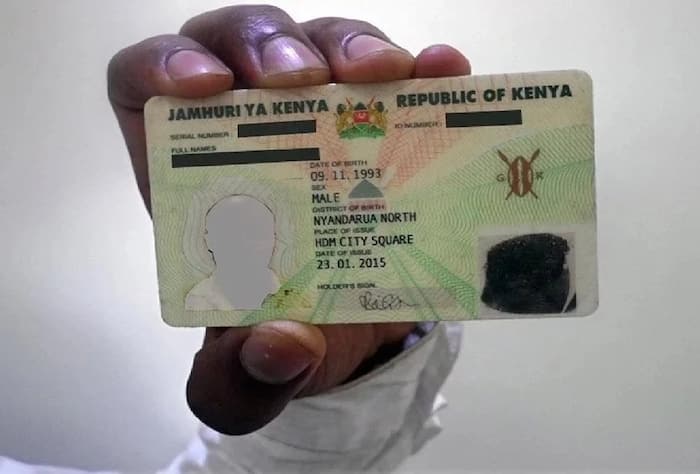A resounding call for science-driven policymaking to address public health challenges echoed during the fourth Harm Reduction Exchange held in Nairobi.
Convened under the theme “Enabling Innovation in Harm Reduction through Science-Led Regulation and Policymaking,” the event brought together an array of policymakers, health experts, and industry stakeholders, all united in the quest for strategies to mitigate harm from tobacco, alcohol, and opioids across Africa.
The conference served as a platform for exploring innovative solutions, drawing insights from experts who champion evidence-based approaches.
Dr. Vivian Manyeki, a Kenyan public health specialist, laid the groundwork for the discussions by defining harm reduction’s purpose.
Read More
“Harm reduction involves policies, programs, and practices aimed at minimizing the negative health, social, and legal impacts of substances like tobacco, alcohol, and opioids," Manyeki stated
She challenged governments to strengthen tobacco control laws while integrating harm reduction strategies including directing taxes collected from tobacco products toward public health programs and increasing access to harm reduction tools.
Panel discussions underscored the uneven regulatory landscape across the continent. While Kenya has implemented a progressive Tobacco Control Act, distinguishing between combustible and non-combustible products, other nations face structural and financial barriers.
Wilson Box, Projects Executive Director of the Zimbabwe Civil Liberties and Drug Network, noted, "While some nations align their measures with the WHO Framework Convention on Tobacco Control (FCTC), others face resource constraints that limit effective regulation. High-income countries often have sophisticated frameworks, while low- and middle-income countries struggle to regulate novel nicotine products.”
The exchange highlighted practical success stories, with Egypt emerging as a beacon for harm reduction.
Dr. Mohammed S. Eltaweel shared how the country’s targeted initiatives have reduced public health burdens,
“The government has embraced harm reduction strategies, including making buprenorphine available to treat opioid addiction and supporting regulated alternatives to traditional cigarettes," he stated.
"These measures have reduced the public health burden and associated social issues.”
In Kenya, Dr. Michael Kariuki championed Nicotine Replacement Therapy (NRT) as a safer alternative to smoking.
“NRT products deliver nicotine through patches, sprays, or lozenges, offering safer alternatives to smoking. They are safe, with no evidence linking them to lung, gastrointestinal, or oral cancer," Kariuki elaborated.
Dr. Kariuki also emphasised the media’s responsibility to educate the public about harm-reduction tools and foster informed discussions.
Speakers pointed to regulatory gaps that need addressing. For example, Nigeria’s Tobacco Control Act lacks specific provisions for non-combustible products, focusing on general tobacco control measures.
.jpg)
Meanwhile, Ghana has outright banned non-tobacco harm-reducing products, such as shisha, under directives from its Food and Drugs Authority.
The Harm Reduction Exchange concluded with a rallying cry for evidence-based strategies to tackle Africa’s public health crises.
By adopting science-led regulations, participants stressed, governments could reduce the societal impact of harmful substances while fostering innovation and accountability in policymaking.
The Nairobi forum not only highlighted the critical role of harm reduction but also laid the foundation for Africa to redefine its approach to health regulation.
The challenge now lies in translating these insights into action, ensuring that public health benefits reach every corner of the continent.







